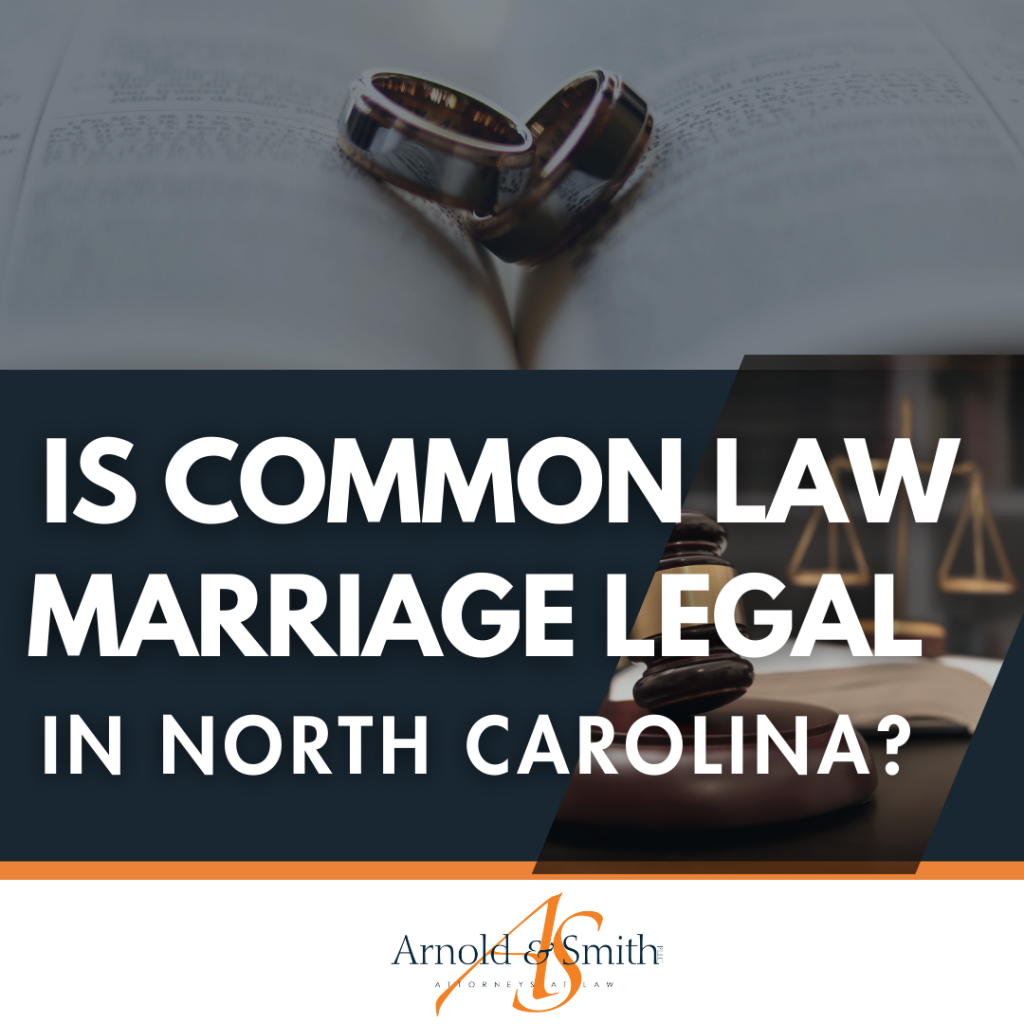 Is Common Law Marriage Legal in North Carolina?
Is Common Law Marriage Legal in North Carolina?
Marriage is less common than it used to be. Today, many more couples decide to live together without getting married. Some people live together as a trial before they wed, while others simply choose to cohabitate. Couples who live together generally do not have any of the benefits of marriage. However, in some states, if you live together as a couple long enough, you will automatically have a common law marriage. Not all states recognize common law marriage.
https://youtu.be/CM1ST8JOk7I
 Charlotte Divorce Lawyer Blog
Charlotte Divorce Lawyer Blog

